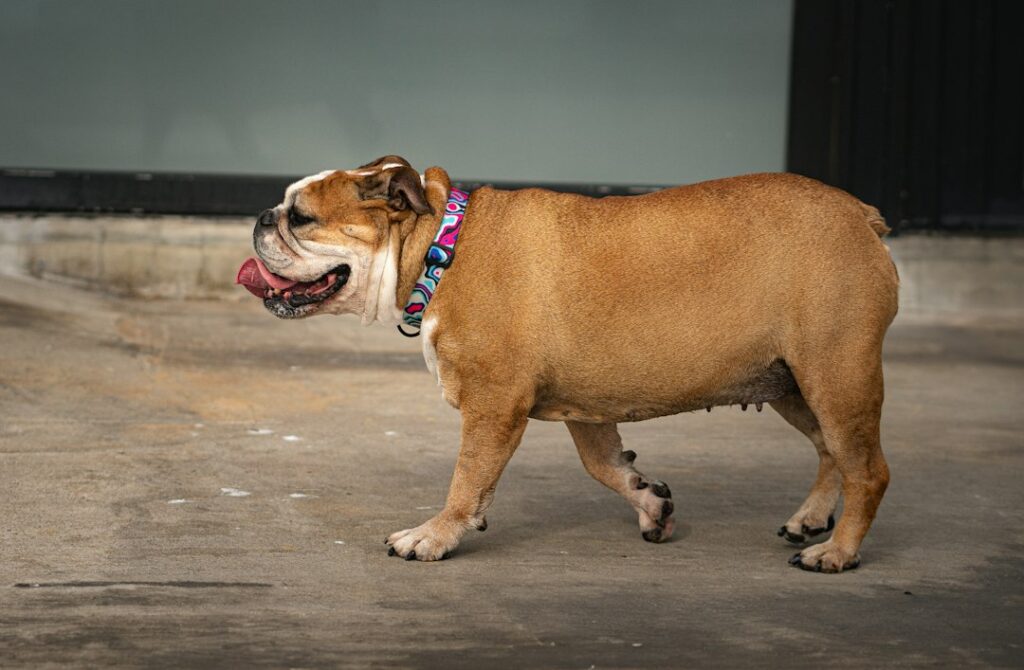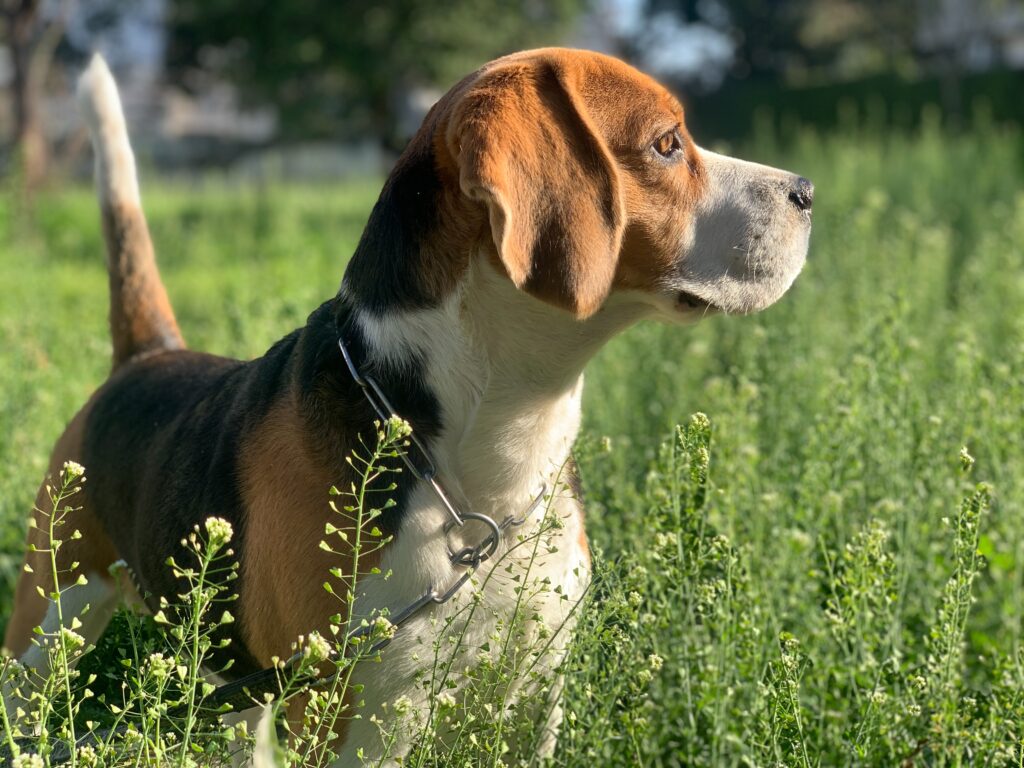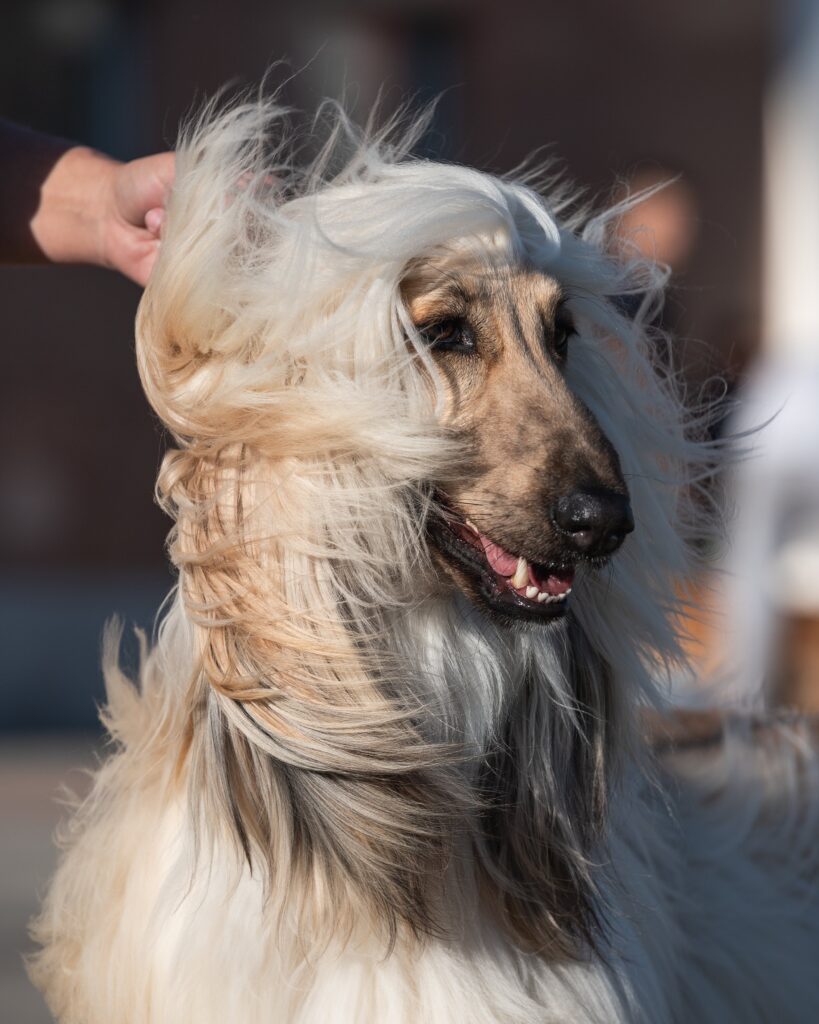The French Bulldog is a small, muscular dog breed that is known for its distinctive bat-like ears and adorable wrinkled face. They are a popular breed among dog lovers due to their friendly and affectionate nature, as well as their compact size and low exercise needs. French Bulldogs are often referred to as “Frenchies” and have become one of the most popular breeds in recent years.
History and Origin of the French Bulldog
The French Bulldog has an interesting history that dates back to the 1800s. They were originally bred in England as a smaller version of the English Bulldog. However, they gained popularity in France when lace workers from Nottingham, England, migrated to France during the Industrial Revolution. These workers brought their small bulldogs with them, and they quickly became popular among the French.
In France, the breed was further developed and refined, resulting in the French Bulldog we know today. They were bred for their companionship and became a favorite among the Parisian elite. The breed’s popularity spread to other parts of Europe and eventually made its way to the United States.
Physical Characteristics and Appearance of the French Bulldog
French Bulldogs are small dogs that typically weigh between 16-28 pounds. They have a compact and muscular build, with a broad chest and a sturdy frame. Despite their small size, they have a powerful appearance.
One of the most distinctive features of the French Bulldog is its coat colors and patterns. They come in a variety of colors, including brindle, fawn, cream, and pied (a combination of white with any other color). Their coat is short and smooth, requiring minimal grooming.
The facial features of the French Bulldog are what make them truly unique. They have a large square-shaped head with a flat face and a short muzzle. Their bat-like ears are erect and set high on the head. Their expressive eyes are round and dark, giving them a sweet and affectionate expression.
Personality Traits and Temperament of the French Bulldog
French Bulldogs are known for their affectionate and friendly nature. They are extremely loyal to their owners and love to be around people. They are often referred to as “clowns” due to their playful and mischievous personality.
Despite their small size, French Bulldogs have a stubborn streak. They can be a bit challenging to train at times, but with patience and consistency, they can learn basic commands and obedience. It’s important to establish yourself as the pack leader and use positive reinforcement techniques during training.
French Bulldogs are adaptable dogs that can thrive in both apartments and houses. They don’t require a lot of exercise and are content with short walks and playtime indoors. However, they do enjoy mental stimulation, so it’s important to provide them with toys and puzzles to keep their minds engaged.
Health Issues and Common Health Problems in the French Bulldog
Unfortunately, French Bulldogs are prone to certain health issues due to their unique physical characteristics. One of the most common health problems in French Bulldogs is breathing difficulties. Their short muzzle can cause them to have trouble breathing, especially in hot weather or during exercise.
Skin allergies are also common in French Bulldogs. They can develop allergies to certain foods or environmental factors, resulting in itching, redness, and skin infections. Regular grooming and a healthy diet can help manage these allergies.
Hip dysplasia is another health issue that affects French Bulldogs. This condition occurs when the hip joint doesn’t develop properly, leading to pain and mobility issues. Regular exercise and maintaining a healthy weight can help prevent hip dysplasia.
French Bulldogs are also prone to eye problems such as cherry eye, cataracts, and corneal ulcers. Regular eye exams by a veterinarian are important to catch and treat these issues early.
Basic Care and Grooming Needs of the French Bulldog
French Bulldogs have minimal grooming needs due to their short and smooth coat. They only require occasional bathing to keep their coat clean and shiny. It’s important to use a gentle dog shampoo that won’t irritate their sensitive skin.
Dental care is crucial for French Bulldogs, as they are prone to dental problems. Regular brushing with a dog-specific toothbrush and toothpaste can help prevent tartar buildup and gum disease. It’s also important to provide them with dental chews or toys to help keep their teeth clean.
Nail trimming is another important aspect of grooming for French Bulldogs. Their nails can grow long and become uncomfortable, so regular trimming is necessary. If you’re not comfortable trimming your dog’s nails, you can take them to a professional groomer or veterinarian.
Cleaning the ears of a French Bulldog is also important to prevent infections. Use a gentle ear cleaning solution and cotton balls to clean the outer part of the ear. Avoid inserting anything into the ear canal, as this can cause damage.
Training and Exercise Requirements for the French Bulldog
French Bulldogs are intelligent dogs but can be stubborn at times, making training a bit challenging. It’s important to start training them from a young age and use positive reinforcement techniques such as treats and praise. Consistency and patience are key when training a French Bulldog.
In terms of exercise, French Bulldogs have low exercise needs compared to other breeds. They are not high-energy dogs and are content with short walks and playtime indoors. However, it’s important to provide them with mental stimulation through toys, puzzles, and interactive games.
Feeding and Nutrition Guidelines for the French Bulldog
Feeding a balanced diet is crucial for the health and well-being of a French Bulldog. They should be fed high-quality dog food that is appropriate for their age, size, and activity level. It’s important to choose a dog food that is specifically formulated for small breeds.
Portion control is also important for French Bulldogs, as they can easily gain weight. Obesity can lead to various health problems, so it’s important to measure their food and avoid overfeeding. Consult with your veterinarian to determine the appropriate portion size for your dog.
Treats and snacks should be given in moderation to prevent weight gain. Opt for healthy treats such as fruits and vegetables or specially formulated dog treats.
Choosing a French Bulldog Puppy: What to Look For
When choosing a French Bulldog puppy, it’s important to find a reputable breeder who prioritizes the health and well-being of their dogs. Look for breeders who perform health checks on their breeding dogs and provide proper care for their puppies.
Health checks should include evaluations for common health issues such as breathing difficulties, skin allergies, hip dysplasia, and eye problems. Ask the breeder for documentation of these health checks and any genetic testing that has been done.
Temperament evaluation is also important when choosing a French Bulldog puppy. Look for puppies that are friendly, outgoing, and well-socialized. Avoid puppies that show signs of fear or aggression.
Frequently Asked Questions About the French Bulldog Dog Breed
1. Are French Bulldogs good with children?
French Bulldogs are generally good with children and make great family pets. However, it’s important to supervise interactions between young children and dogs to prevent any accidental injuries.
2. Do French Bulldogs bark a lot?
French Bulldogs are not known for excessive barking. They are generally quiet dogs but may bark to alert their owners of something unusual.
3. Can French Bulldogs live in apartments?
Yes, French Bulldogs can thrive in apartments as long as they receive regular exercise and mental stimulation.
4. Are French Bulldogs good with other pets?
French Bulldogs can get along well with other pets if properly socialized from a young age. However, they may have a high prey drive towards smaller animals.
The French Bulldog is a popular and beloved breed known for its friendly nature, adorable appearance, and low exercise needs. They make great companions for individuals and families alike. However, potential owners should be aware of the breed’s health issues and grooming needs. With proper care and attention, French Bulldogs can live happy and healthy lives.
If you’re a French Bulldog owner, you may also be interested in learning about positive reinforcement training techniques. Check out this article on “Training the Best Dog Ever: A 5-Week Program Using the Power of Positive Reinforcement” for a comprehensive guide on how to train your furry friend using positive reinforcement methods. Positive reinforcement is not only effective but also helps strengthen the bond between you and your French Bulldog. (source)



